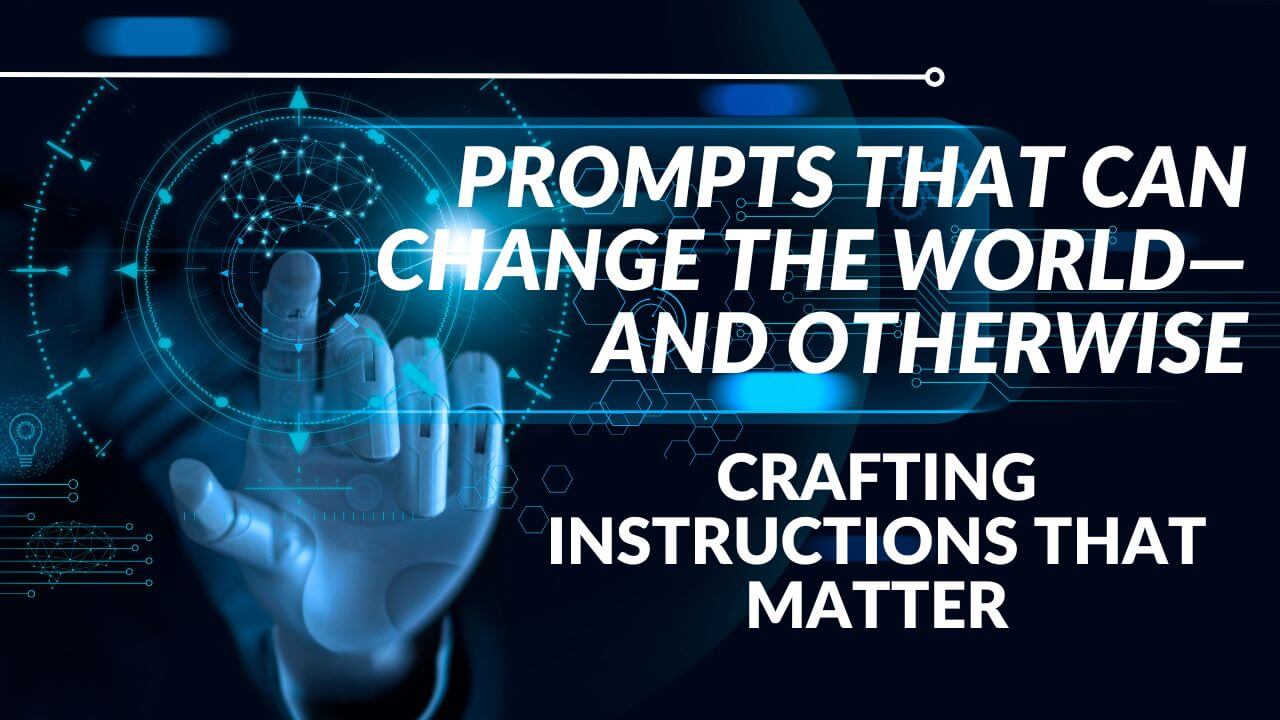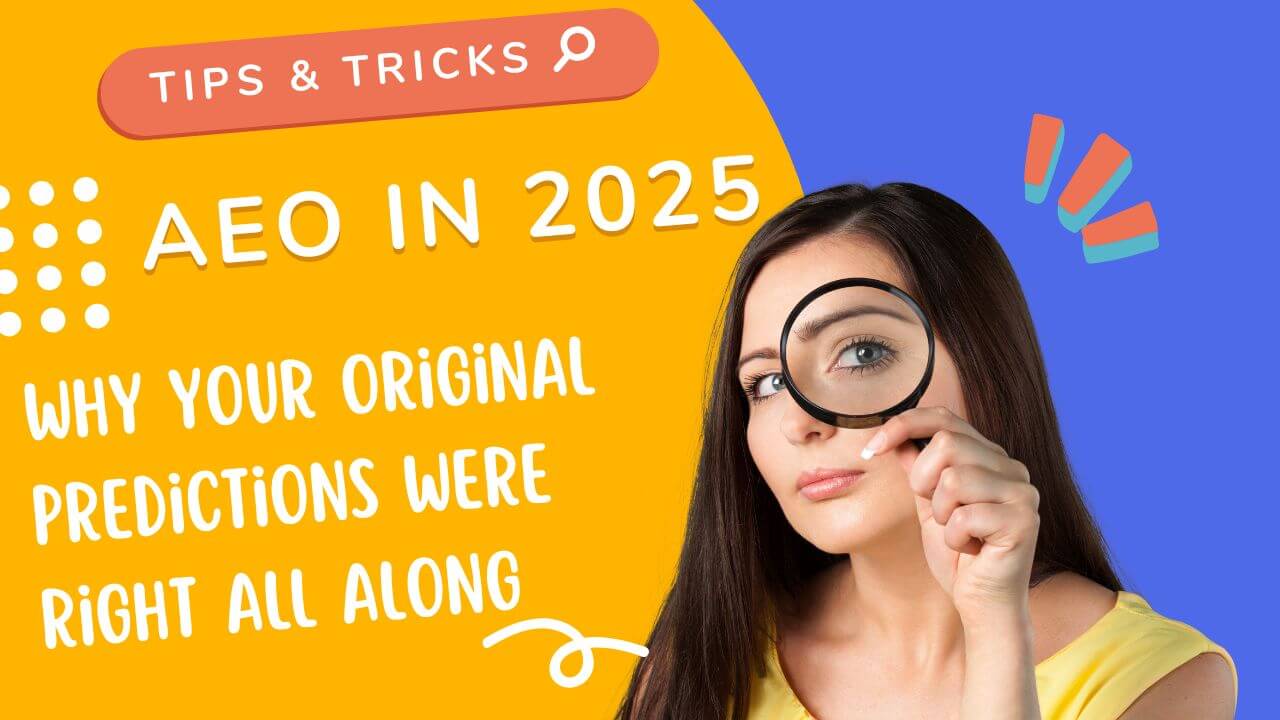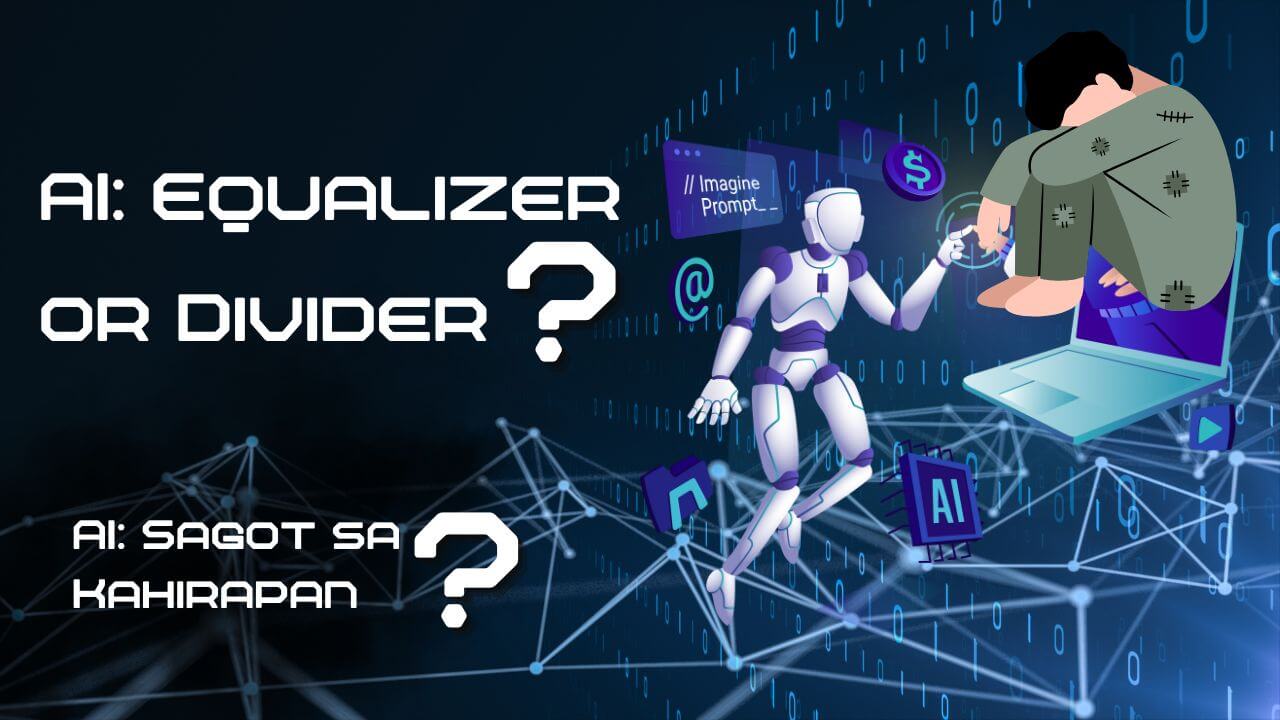In our digital era, prompts are no longer just questions—they’re powerful tools that drive innovation, shape public discourse, and even transform societies. Every instruction you give to an AI can pave the way for breakthroughs or, if misdirected, breed chaos. In this article, we explore how carefully crafted prompts can be used for good and how poorly considered ones may lead to negative consequences. We also delve into what this means for the Philippines, where digital transformation and grassroots initiatives are already reshaping lives.
The Transformative Power of a Prompt
A well-designed prompt can be likened to a master key: it unlocks creativity and uncovers innovative solutions. Consider these global examples:
- Innovative Solutions for Global Challenges: Positive Prompt: “Imagine a world where every person has access to clean water, sustainable energy, and nutritious food. Describe a holistic, community-driven solution combining technology, renewable resources, and local traditions.” Impact: This type of prompt can inspire research into sustainable technologies and policy frameworks that drive social change.
- Revolutionizing Education Through AI: Positive Prompt: “Design an AI-powered platform that provides personalized learning experiences for students in remote areas, ensuring that no child is left behind due to a lack of resources.” Impact: Prompts like this spark innovations that make education accessible and adaptive, potentially reducing inequalities.
On the flip side, prompts wield destructive power when designed with harmful intent:
- Spreading Misinformation: Negative Prompt: “Develop a step-by-step plan to create believable fake news that undermines a political opponent.” Risk: This can lead to the proliferation of disinformation, eroding trust in institutions, and inflaming social divisions.
- Encouraging Unethical Practices: Negative Prompt: “Outline methods to exploit regulatory loopholes for personal financial gain.” Risk: Such instructions might foster unethical behavior, widen economic gaps, and damage societal fairness.
The Filipino Perspective: Prompts for Progress and Pitfalls
Prompts That Can Uplift the Philippines
In the Philippines, where challenges like economic inequality, digital access, and educational gaps persist, prompts that encourage creative solutions can be transformative:
- Empowering Rural Communities: Positive Filipino Prompt: “Design an AI-driven platform that brings affordable healthcare and educational resources to remote barangays. How can local community leaders integrate traditional practices with modern technology to uplift their area?” Local Impact: This prompt can inspire innovations that bridge the rural-urban digital divide, ensuring that even remote communities access vital services.
- Boosting MSMEs and Local Economies: Positive Filipino Prompt: “Imagine a digital marketplace that connects small Filipino farmers directly with urban consumers. What innovative features could enable fair pricing, reduce middlemen, and create sustainable livelihoods?” Local Impact: Such a prompt targets economic empowerment for local enterprises, promoting grassroots growth and financial inclusion.
- Enhancing Public Services Through AI: Positive Filipino Prompt: “Propose ways that AI can improve public transport systems in Metro Manila by reducing congestion, optimizing routes, and increasing safety for commuters.” Local Impact: This idea can lead to smarter and more efficient solutions in public infrastructure, making daily life easier for millions of Filipinos.
Prompts That Could Harm the Philippine Society
However, there is a darker side when prompts are misused in the local context:
- Propagation of Misinformation: Negative Filipino Prompt: “Generate strategies to create and spread rumors that undermine local government officials ahead of elections.” Local Risk: In a country where trust is fragile and social media often fuels political discourse, such prompts can amplify divisions, destabilize communities, and erode democratic processes.
- Exploiting Vulnerabilities: Negative Filipino Prompt: “Outline ways for small business owners to exploit regulatory loopholes in the Philippine financial system for quick profit.” Local Risk: Encouraging shortcuts or unethical practices can worsen economic inequality, making it harder for honest entrepreneurs to thrive in an already challenging market.
Crafting Instructions That Matter
The dual nature of prompts underscores the responsibility of creators and users alike. When designing prompts:
- Be Clear and Purposeful: Define your intention. Are you seeking sustainable change, innovative solutions, or are you inadvertently endorsing harmful practices?
- Think Ethically: Ask yourself whether the prompt encourages inclusivity, transparency, and responsible innovation, especially when it influences “Your Money, Your Life (YMYL)” decisions.
- Localize Your Approach: For the Philippines, consider prompts that reflect the unique challenges and opportunities here, from boosting local economies and public services to safeguarding democracy against misinformation.
Final Thoughts
Prompts have the power to shape our reality. They can catalyze change that lifts communities, drives technological progress, and improves lives. Conversely, they can also spawn disruption, encourage unethical behavior, and exacerbate inequality. In the Philippines, where every step toward innovation can mean a significant leap for society, crafting instructions that matter is not just an academic exercise—it’s a necessity.
At AIWhyLive.com, we champion the thoughtful use of AI and prompt engineering. Whether you’re inspired to create solutions that empower every Juan and Juana, or you’re educating yourself on how to avoid the pitfalls of digital misinformation, remember: the words you choose shape the future.
Let’s choose prompts that change the world for the better—and steer clear of those that darken our future.
For more insightful content on AI, finance, and ethical innovation, visit AIWhyLive.com.







